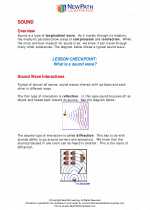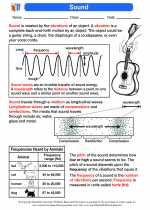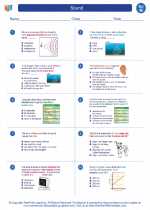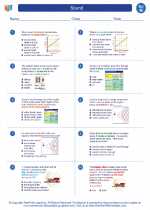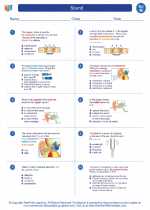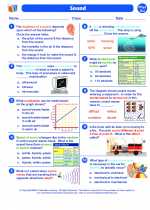Protista
Protista is a diverse kingdom of eukaryotic organisms that are not plants, animals, or fungi. They are primarily unicellular but can also be multicellular. Protists are found in various environments, including freshwater, marine, and terrestrial habitats.
Characteristics of Protista
- Eukaryotic: Protists have a true nucleus and membrane-bound organelles.
- Diversity: Protists exhibit a wide range of forms, including amoebas, algae, and protozoans.
- Motility: Many protists are motile, possessing structures such as flagella, cilia, or pseudopods for movement.
- Nutrition: Protists can be autotrophic (photosynthetic) or heterotrophic (obtaining nutrients from other organisms).
- Reproduction: They can reproduce asexually or sexually, depending on the species.
Types of Protists
Protists are classified into several groups based on their characteristics:
- Protozoa: Unicellular, animal-like protists that are heterotrophic and often motile.
- Algae: Photosynthetic protists that can be unicellular or multicellular. They are an important component of the aquatic food chain.
- Slime Molds: Protists that can exist as both unicellular and multicellular forms, displaying characteristics of both fungi and protists.
- Water Molds: Often parasitic protists that thrive in moist environments, such as water or soil.
Ecological Importance
Protists play vital roles in various ecosystems. For example, they are primary producers in aquatic environments, contributing to the oxygen production through photosynthesis. Additionally, some protists serve as food sources for larger organisms, supporting the food web.
Study Tips
When studying protista, consider the following tips:
- Review the characteristics and classification of protists.
- Understand the ecological roles of protists in different environments.
- Explore the life cycles and reproductive strategies of various protist groups.
- Compare and contrast the different types of protists, including their structures and functions.
- Utilize diagrams and visual aids to understand the diverse forms of protists.
By understanding the significance of protists and their diverse characteristics, you can gain a comprehensive understanding of this important kingdom of organisms.
